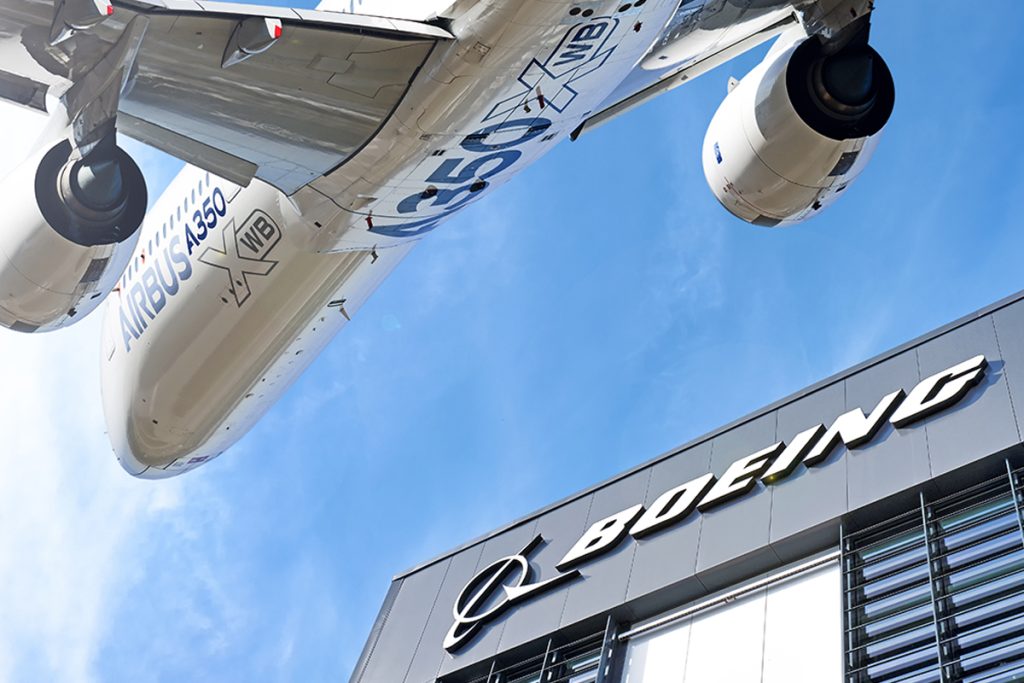In a significant development, Boeing has agreed to plead guilty to fraud charges linked to the certification process of its 737 Max aircraft. This decision comes after two catastrophic crashes involving the model, which occurred off the coast of Indonesia and in Ethiopia, collectively resulting in the tragic loss of 346 lives.
Under the terms of the plea agreement with federal prosecutors, Boeing will face a felony conviction. This marks a pivotal turn for the American aerospace titan, which has chosen to admit wrongdoing rather than endure a potentially lengthy and public trial. The company is set to pay a fine of $243.6 million, identical to a fine paid in 2021 for the same offense. Additionally, Boeing has committed to invest $455 million in enhancing safety measures.
However, the plea deal is currently pending approval. It requires the green light from a federal judge in Texas, who has the authority to either accept or reject the agreement. The judicial decision is eagerly anticipated, with a hearing yet to be scheduled.
The plea deal has not been universally welcomed, particularly by the families of the crash victims. Many relatives have expressed strong dissatisfaction with the terms of the agreement, deeming it too lenient given the gravity of the accidents and the loss of life. These families are advocating for a trial and are pushing for harsher penalties, including direct charges against Boeing’s leadership.
If the judge approves the plea, Boeing will also enter a three-year period of court-supervised probation. During this time, an independent monitor will oversee the company’s compliance with the agreement’s terms. Furthermore, Boeing’s board of directors will be required to meet with the families of the victims, an inclusion in the deal meant to facilitate some form of direct accountability and dialogue.
The repercussions of the crashes and the ensuing scandal have deeply impacted Boeing’s business and reputation. Since the incidents, Boeing has struggled to regain its footing in the aerospace industry, lagging behind its European competitor, Airbus, in both production and delivery of new planes. This has resulted in reduced revenue streams at a time when the company is also seeking a new CEO to replace David Calhoun, who announced his departure at the end of the year.
From a legal perspective, the agreement reflects a serious attempt by the Justice Department to hold Boeing accountable for misleading regulatory bodies during the 737 Max’s certification process. This deception revolved primarily around a failure to disclose a new flight-control software, known as MCAS, which played a crucial role in both crashes. The software, activated by incorrect sensor readings, forced the planes’ noses down, leading to the disasters.
Despite the plea addressing the fraud charge specifically linked to the crashes, Boeing continues to face other challenges. The company is still under investigation following an incident involving an Alaska Airlines Max, where a panel blew out during flight. This ongoing scrutiny by the Federal Aviation Administration and other bodies highlights broader concerns about manufacturing quality and corporate culture at Boeing, including allegations of poor workmanship and whistleblower retaliation.
In terms of government relations, Boeing is likely to retain its eligibility for federal contracts. Historical precedents suggest that even with a felony conviction, the company could continue to secure government work, citing “compelling national interest” as was the case in past legal troubles.
As Boeing navigates through these tumultuous times, the aerospace giant’s future actions and the judicial outcomes of its plea deal will be closely watched. The global aviation community, regulatory authorities, and the families of those who perished await clear signals of accountability and change from one of the industry’s leading figures.


